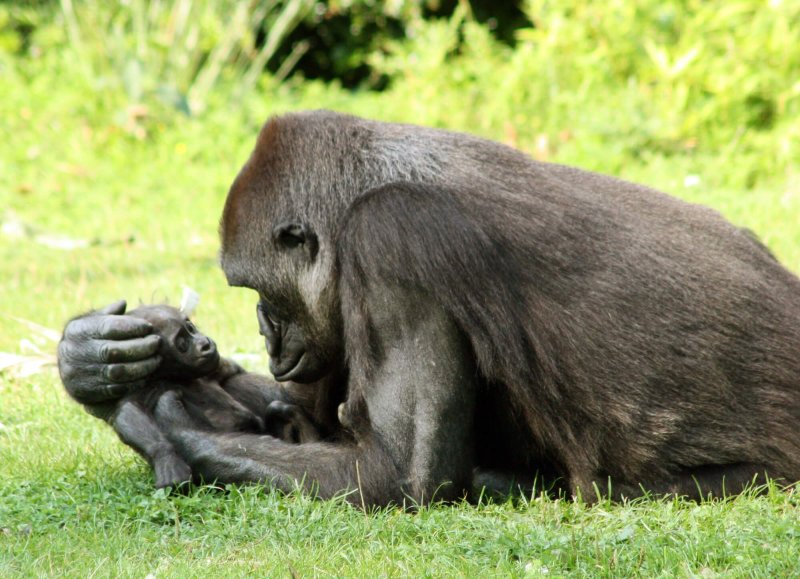Are non-human animals actually capable of purposely ending their own lives?
…
Famed field biologist George Schaller recounts an instance where a water buffalo, maimed by lions, had escaped and returned to its herd. Then, inexplicably, it left the safety of its group and allowed the lions to finish the job. Did it intentionally allow its predators to end its life, knowing that it could not survive the injuries they had inflicted? Or was it motivated by something else entirely — delirium or a desire to draw predators away from its group?
Cases like these illustrate the major challenges in assessing the possibility of animal suicide. An animal would have to have a sense of self, an understanding of what death actually means, and the ability to execute a series of actions that it knew would lead to its own death.
There is some indication of the former two capacities, but the latter is indiscernible. The fact that dolphins and some primates appear to engage in mourning for their dead is probably not sufficient to indicate that they actually understand and are able to facilitate their own mortality.































